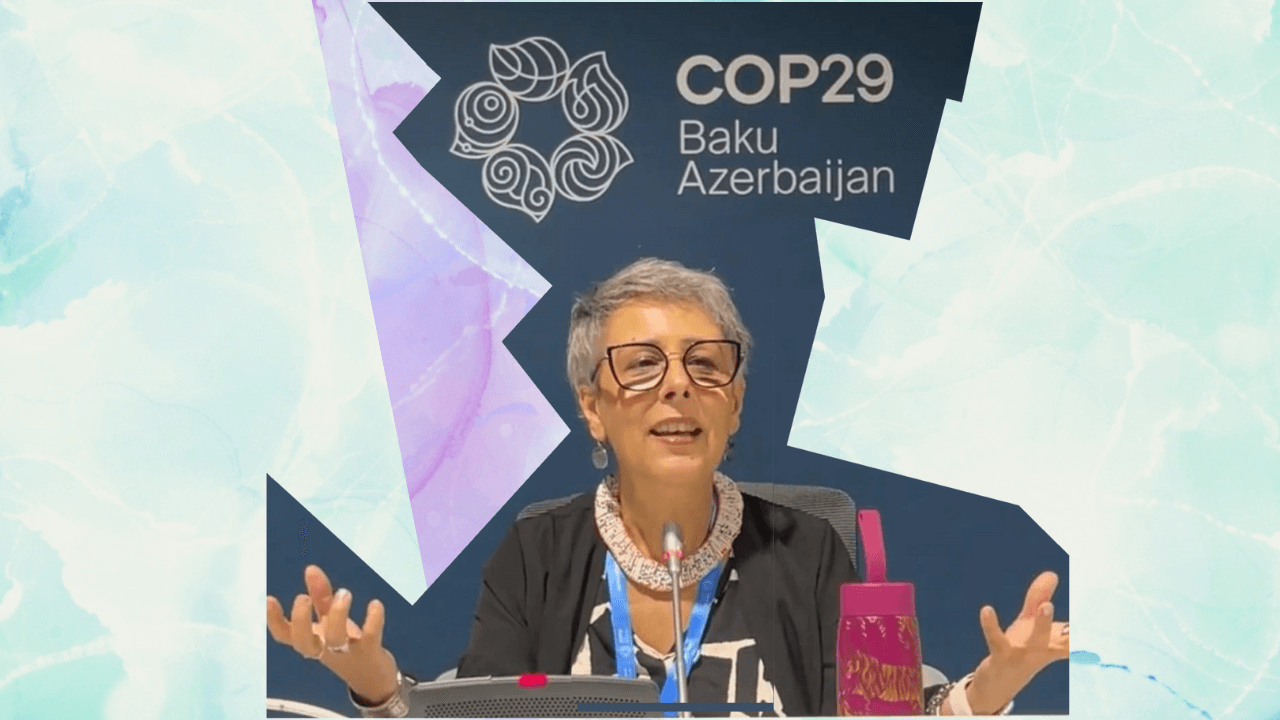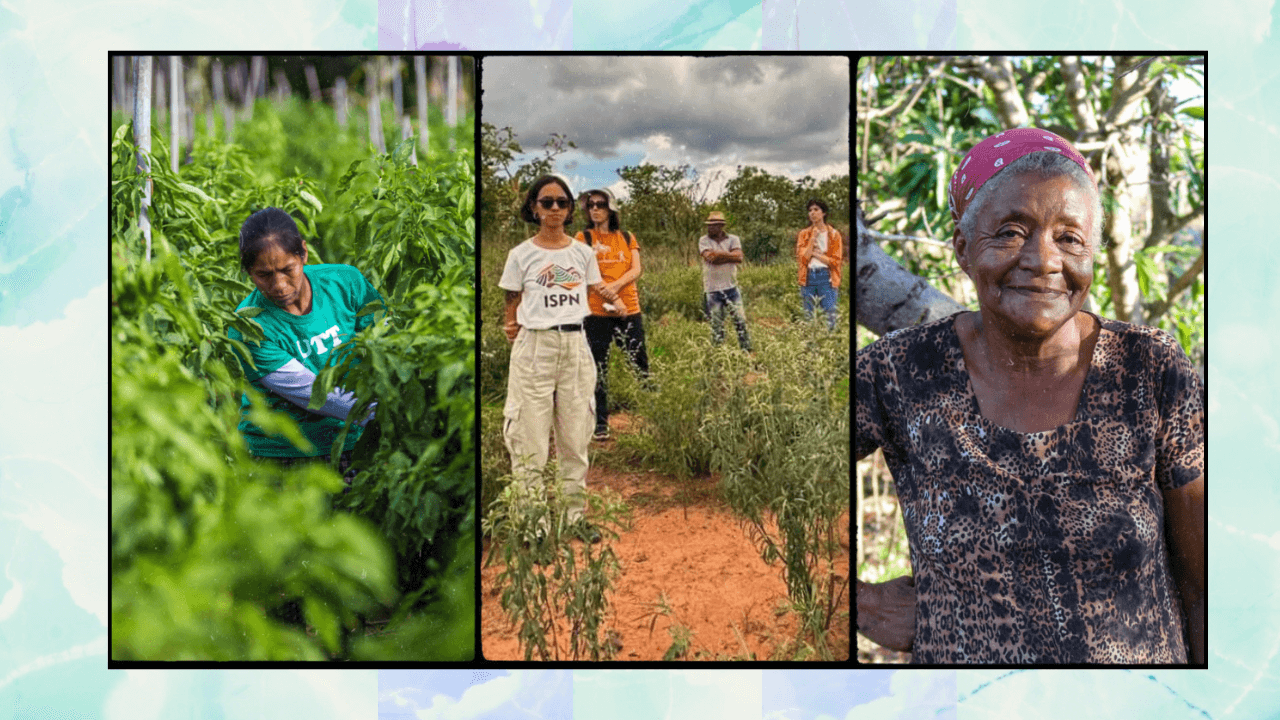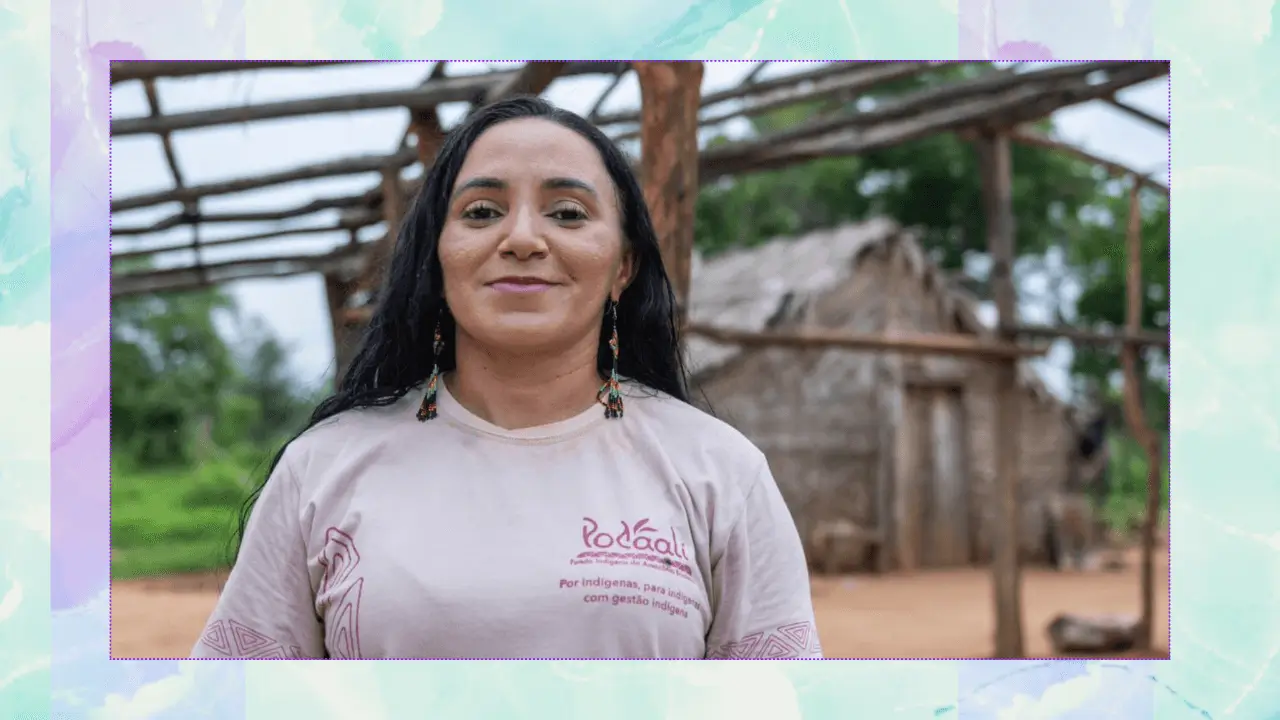Nous Sommes la Solution (“We Are the Solution”) is a movement of rural women reshaping the future of farming across West Africa. Founded in 2011, it now connects more than 800 women’s associations and 185,000 members across Burkina Faso, Côte d’Ivoire, Ghana, Guinea, Mali, Senegal, The Gambia, and Guinea-Bissaut, hrough a shared commitment to agroecology, food sovereignty, and the defense of traditional seed systems.
The movement’s national coordinator in Senegal, Mariama Sonko, has built training centers across Senegal’s Casamance region. We spoke with Sonko to understand how Nous Sommes la Solution models an alternative to traditional food production approaches. She reflected on the power of agroecology, the politics of seed sovereignty, and how donors can show up differently.
Can you introduce Nous Sommes la Solution and how it began?
Nous Sommes la Solution started as a campaign bringing together women from across West Africa around the idea that African solutions to African problems already exist within our communities. The campaign was meant to be temporary, but participants realized that the issues we were addressing – food sovereignty, which begins with seed sovereignty, through the practice of peasant agroecology and women’s leadership – were not short-term concerns. They were fundamental to our survival and the autonomy of our communities.
So, when the campaign ended after three years, it transformed into a movement—a permanent one.
Today, we are active in Burkina Faso, Côte d’Ivoire, Ghana, Guinea, Mali, Senegal, The Gambia, and Guinea-Bissau. Each country has its own coordination structure, led by rural women, and a sub-regional coordination office based in Dakar, Senegal, allows us to share our experiences and strategies. Our strength lies in our deep local roots – in villages and grassroots communities – and our pan-African dimension, united across borders by a shared vision.
What drives your work?
For us, agroecology is not just a set of farming techniques – it’s a way of life that respects biodiversity, the environment, the land, and ancestral knowledge passed from generation to generation. Women have always been central to this process, as they are the guardians of seeds, food preparation, and knowledge about plants and cultivation.
Our mission is to ensure that this knowledge and these practices are not lost, but rather recognized, strengthened, sustained, and passed down through generations.
Why is seed sovereignty so important for the communities you work with?
Seeds are life. They are the foundation of food, health, culture, and survival. When a community loses control of its seeds, it loses its agricultural and food autonomy. Imported seeds may seem appealing at first due to their high yields, but they are often unsuitable for our soils and climates. Moreover, they cannot always be replanted—they sometimes require expensive and harmful chemical fertilizers or pesticides, which create permanent dependence.
In contrast, local seeds are adapted to the environment. They reproduce naturally. They carry cultural meaning and stories passed down through generations. They are a form of resilience—especially in times of crisis. By preserving our seeds, we preserve our independence. That is why seed sovereignty lies at the heart of our work. It’s not just about agriculture—it’s about dignity, freedom, and the right to decide what we produce, what we eat, and how we live.
What traditional knowledge and practices do you seek to preserve?
Women have always used systems to select the best seeds, preserve them from one season to the next, and exchange them with neighbors and relatives. In many communities, we had “cases à semences”—seed houses—structures built to store seeds safely, protecting them from moisture, pests, and rot. There were also rituals and cultural practices linked to seeds: planting and harvest ceremonies, songs, and stories that passed down knowledge about when and how to sow.
Today, much of this knowledge is at risk of disappearing. Younger generations sometimes see imported seeds and technologies as more “modern,” while the knowledge of their mothers and grandmothers is undervalued. We strive to revive and promote these practices—not only for their cultural importance but also because they are highly effective, sustainable, and suited to our climate. By reviving them, we simultaneously strengthen biodiversity and resilience.
What challenges do you face as a movement?
One challenge is the erosion of traditional knowledge. As elder women pass away, much of their know-how is not transmitted. At the same time, we face external pressures—from governments, corporations, and even international organizations—that promote industrial seeds, GMOs, or chemical inputs. Often presented as “solutions” to hunger, these products can actually undermine our autonomy and damage our soils.
Another major challenge lies in the legal environment. In some countries, seed laws make it difficult—or even illegal—for farmers to exchange seeds. These laws favor industrial seed companies and criminalize the very practices that have sustained our communities for centuries.
Finally, there is the issue of funding and support. Many donors expect us to conform to formats and requirements that don’t reflect our realities. Reporting can be so time-consuming that it takes more time than the work itself. Funding is often short-term, unstable, and tied to external priorities. What we need is long-term, flexible support that trusts local leadership.
How do you view the question of power in your work?
Shifting power is essential. For us, it means changing the relationship between communities and external actors. Too often, outside actors offer ready-made solutions and dictate what we should do—without recognizing that we already have solutions. We know our realities better than anyone. We know what works in our soils, climates, and cultures.
When we say “We are the solution,” it’s not arrogance—it’s truth. We can do a lot with very little if we are trusted and respected. Shifting power means that donors and institutions must start by listening to us more, valuing our expertise, and providing resources in ways that strengthen—rather than weaken—local autonomy.
What kind of support is most useful for your movement?
We need flexible and lasting support – funding that allows us to set our own priorities. We need resources to build infrastructure such as community seed houses, community and family agroecology farms, and conservation facilities, so our seeds remain safe for the future. We need training and capacity building, especially for young women, so that traditional knowledge is not lost but renewed. We need opportunities for exchange between countries so we can learn from each other and spread good practices.
We also need advocacy support, because seed sovereignty is not only a community issue—it’s also political. Laws and regulations must respect farmers’ rights and allow us to exchange and use our own seeds. Finally, we need visibility. Too often, our voices go unheard, and our stories remain untold. If the world could see what rural women accomplish with very limited resources, the power of local solutions would be better recognized.
What message would you like to send to the international community?
Our message is simple: We are the solution. Do not approach us as mere beneficiaries or people in need. We are leaders. We are innovators. We are the guardians of seeds, biodiversity, and culture. If you want to build sustainable food systems, fight climate change, and strengthen resilience—you must start with us. “We women feed the world with our hands and our values.”
Trust us. Support us. Stand with us. But do not try to replace our knowledge with imported knowledge. Our communities already hold the answers. We just need the space and resources to put them into practice.



%20(1280%20x%20720%20px)%20(44)%20(1).png)
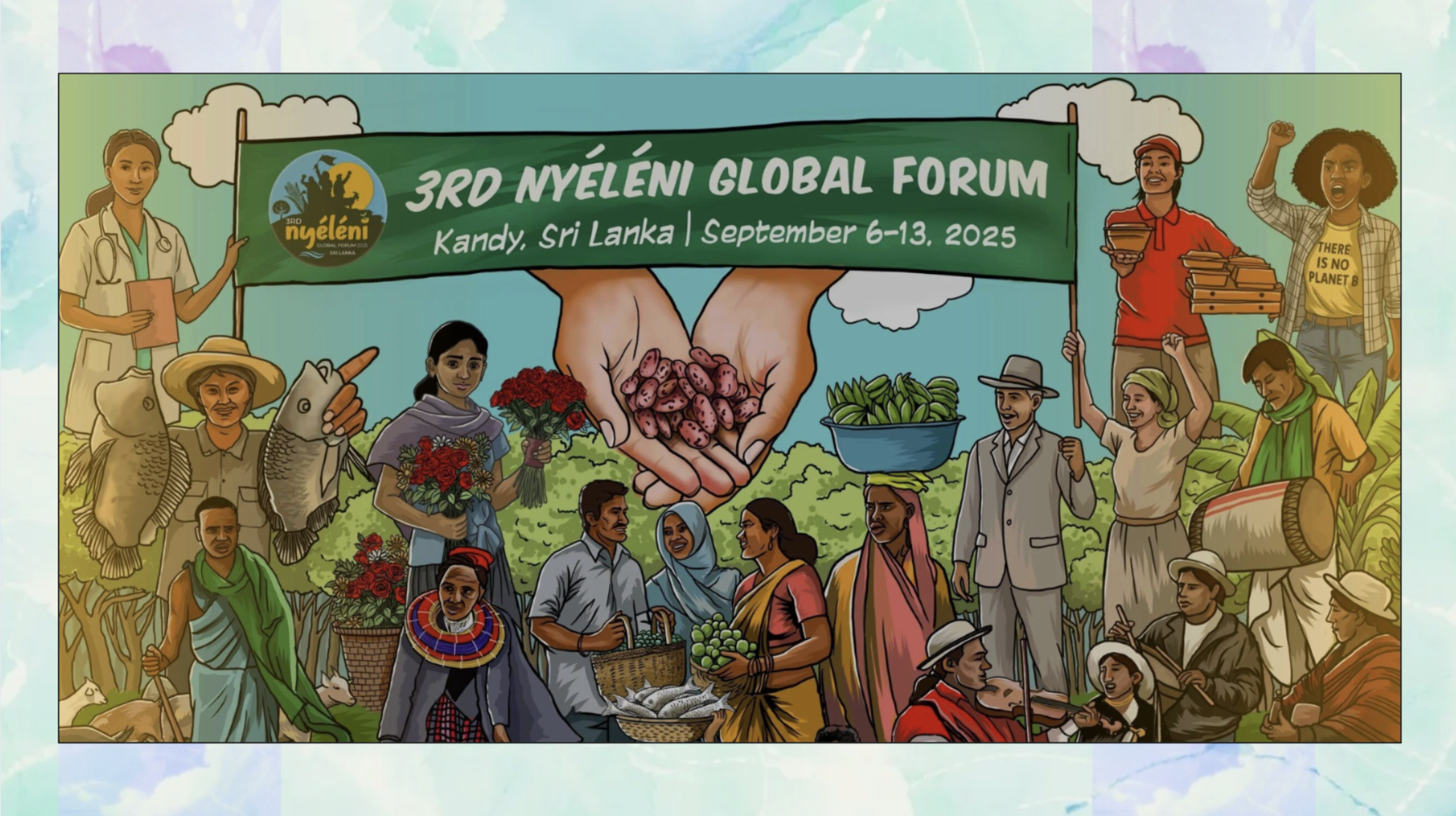

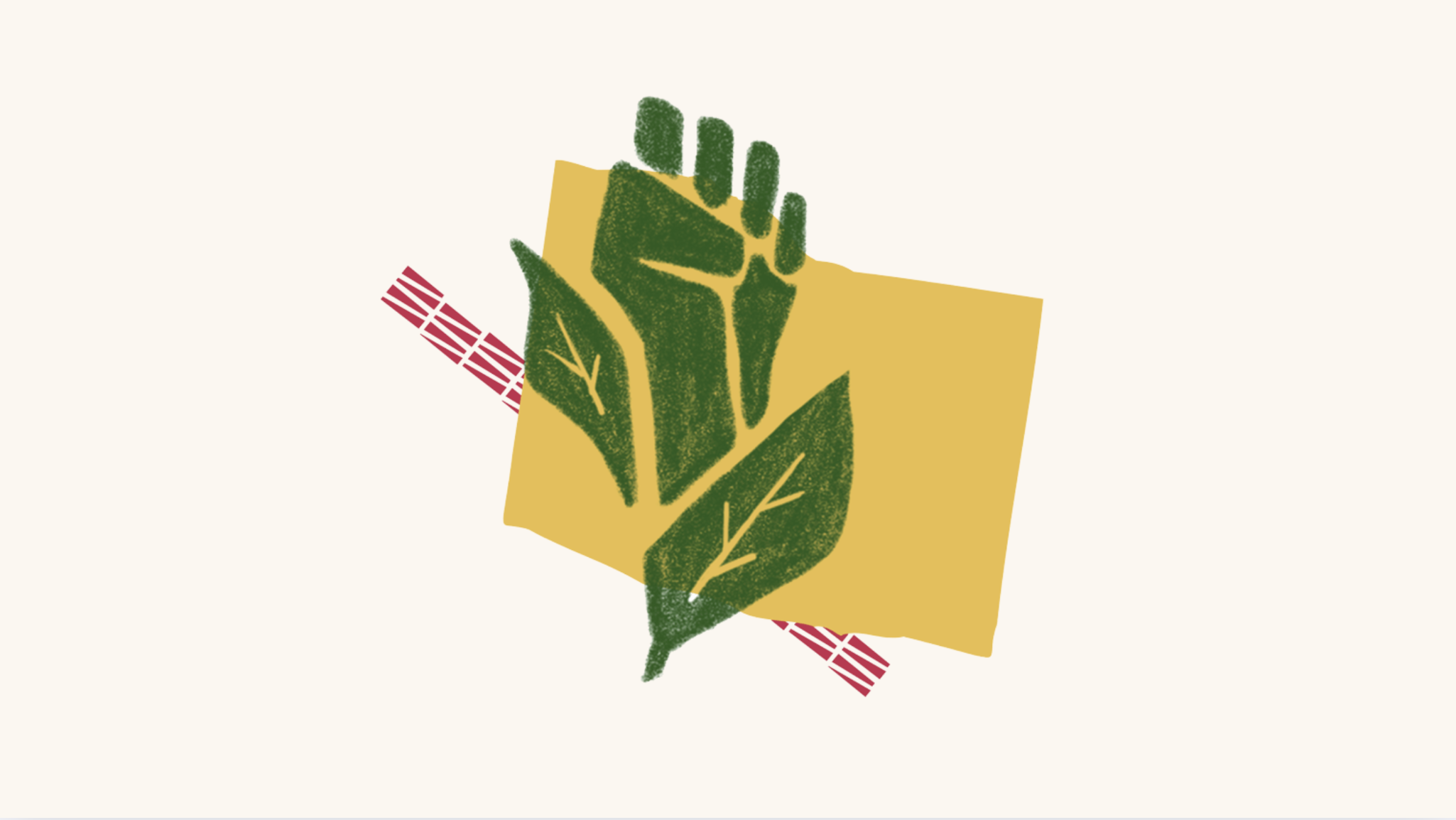
.webp)
%20(1280%20x%20720%20px)%20(37).png)
.webp)
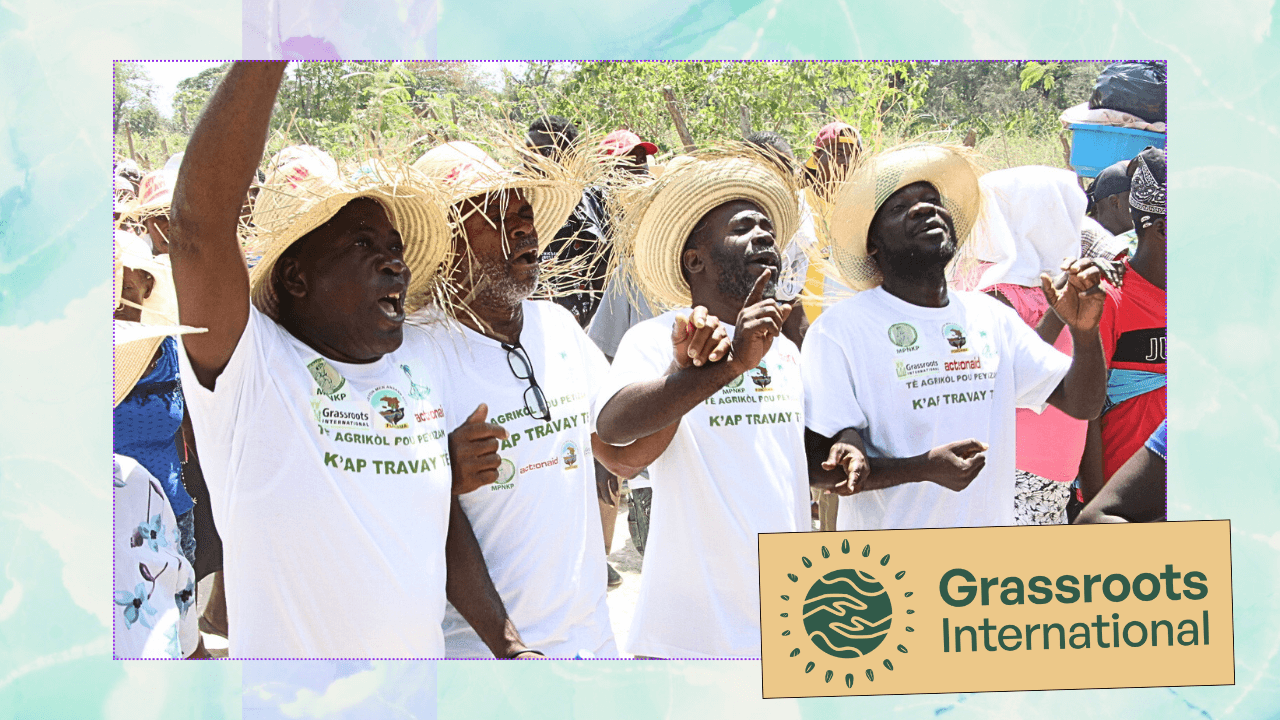
%20(1280%20x%20720%20px)%20(34).webp)
